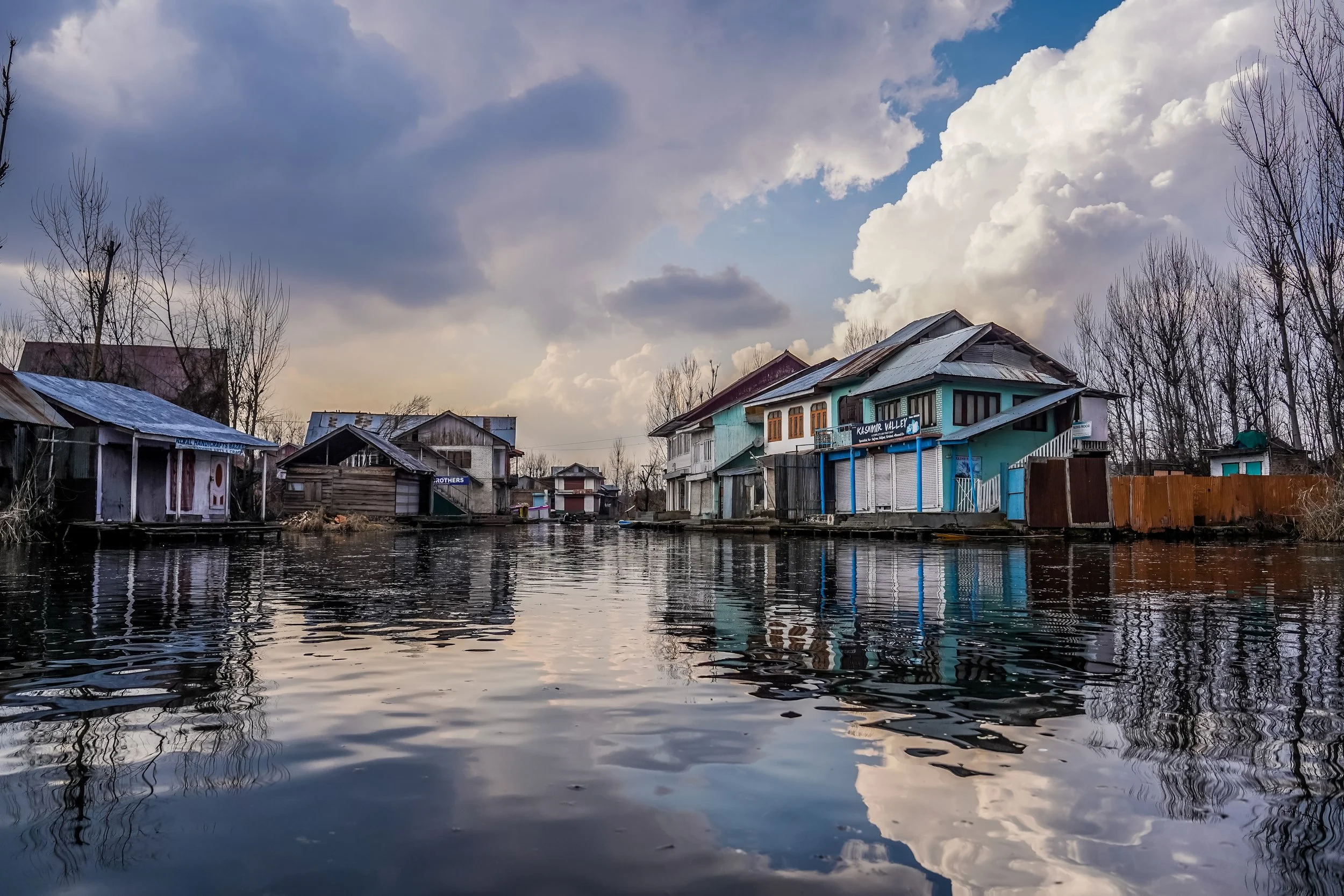Today, the United States Supreme Court ruled in Sackett v Environmental Protection Agency (“EPA”), overruling over 50 years of well-established protections for surface waters and wetlands. The Court has dramatically narrowed the scope of the Clean Water Act and the EPA’s authority, undoing protections that have safeguarded our water resources for over 50 years. The Court’s ruling embraces extreme demands of big polluters and favors landowners and developers over the health and security of our Nation’s most precious resource—water.
Everyone should be troubled by this Supreme Court ruling.
By removing critical protections for wetlands and surface waters, and completely ignoring established science, the Court has failed the most vulnerable among us—namely indigenous communities, communities of color, those most vulnerable to pollution, and those facing intensifying climate disasters. Now the EPA is stripped of its ability to protect our communities, public health, and local ecosystems.
A majority of Americans do NOT support this. On the contrary, more than three in four people in this country support strong federal protections for our waters.
Congress and state officials across the country need to act fast to protect water bodies that our nation relies on for drinking, farming, cooking, fishing, and fueling local economies. While today’s ruling guts our nation’s bedrock clean water law, it’s imperative that we take full advantage of tools that remain to stop big polluters from indiscriminately bulldozing our wetlands and dumping waste into our streams, impacting critical water supplies.
States are still empowered to act to protect wetlands, headwaters, and vital resources that support our water supplies, but many do not currently have necessary protections in place for wetlands. We must call on them now to use their authority to act to protect these critical resources before it’s too late.
Lawyers will be essential in this fight to help ensure that states have adequate protections in the wake of Sackett to avoid catastrophic and permanent damage to our ecosystem and water supply.
Lawyers for Good Government (L4GG) will continue its important work with our allies in the Clean Water for All Coalition to provide key legal resources to advocates and state decision-makers to pass protections where they are needed and to mitigate this significant loss of fundamental protections to our right to water.
To learn more about L4GG’s continued efforts to protect vital resources and water supply in disadvantaged communities like Benton Harbor, Michigan, click here.









